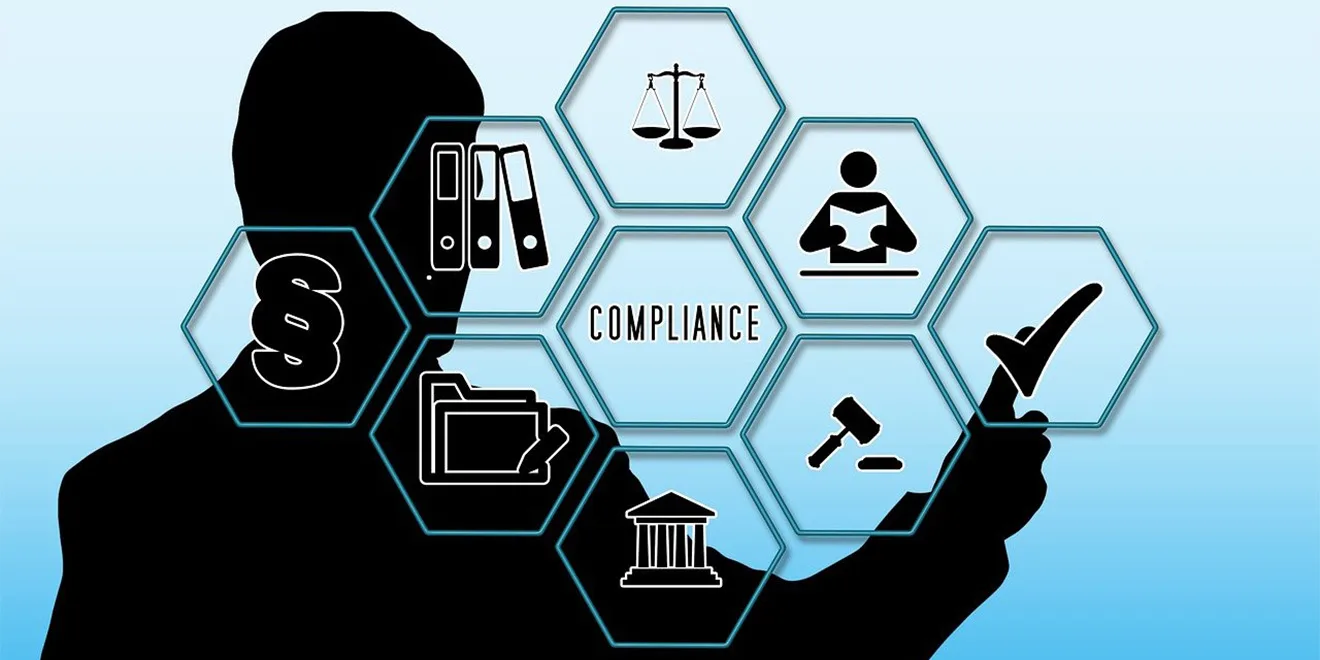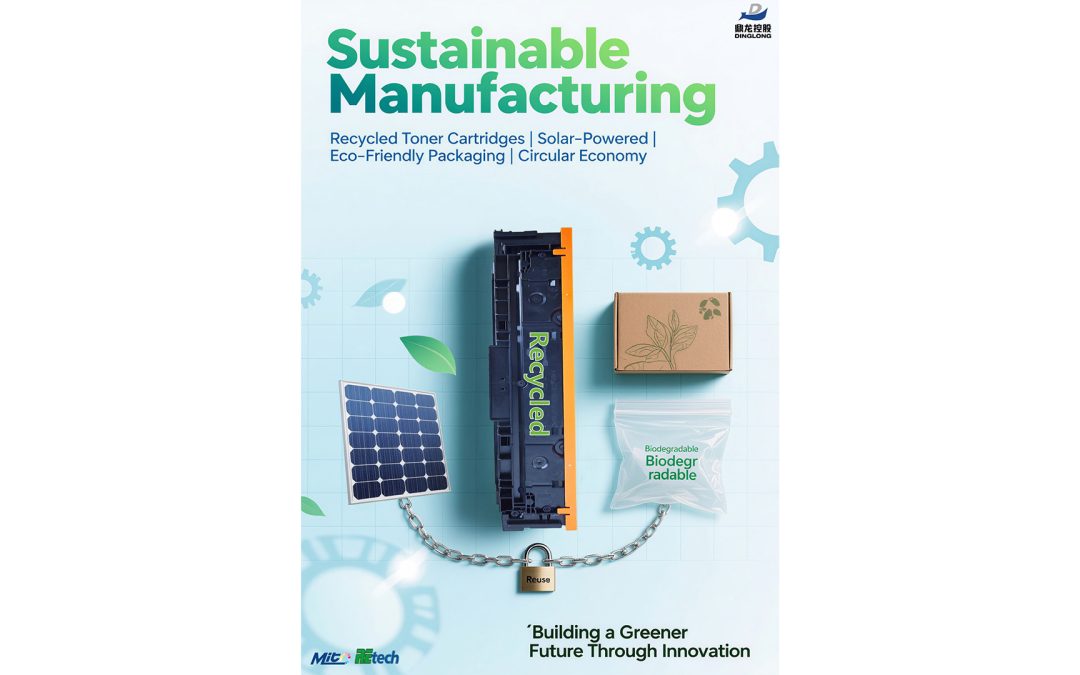Navigating EPR regulations, online sellers must adopt sustainable practices to ensure compliance and environmental stewardship.
As e-commerce grows, online sellers face increasing environmental regulations, mainly through Extended Producer Responsibility (EPR). EPR holds producers accountable for the lifecycle of their products, promoting sustainable design, reducing waste, and ensuring responsible disposal. Online sellers and marketplace merchants must understand and manage their EPR obligations to remain compliant and contribute to environmental sustainability.
 In May, The Recycler reported that many of the products mentioned in the ETIRA warning about illegal printer cartridges in Europe seem to lack any traceable Extended Producer Responsibility (EPR) compliance. This absence of traceable EPR means that these cartridges do not adhere to the required environmental regulations. This could potentially contribute to increased environmental harm and undermine efforts to promote sustainability and responsible waste management in the industry.
In May, The Recycler reported that many of the products mentioned in the ETIRA warning about illegal printer cartridges in Europe seem to lack any traceable Extended Producer Responsibility (EPR) compliance. This absence of traceable EPR means that these cartridges do not adhere to the required environmental regulations. This could potentially contribute to increased environmental harm and undermine efforts to promote sustainability and responsible waste management in the industry.
Online sellers must register with national EPR authorities, providing detailed sales and product data. To fund recycling programs, sellers must also pay EPR fees based on product types and materials. Participation in take-back schemes is essential, involving setting up collection points or providing return labels. Additionally, products should be designed for recyclability, with proper labelling for disposal instructions.
Implementing EPR programs can be costly and complex. Sellers can partner with compliance organizations to manage administrative tasks. Different countries have varying EPR regulations, requiring online sellers to tailor their strategies to meet these diverse requirements. Moreover, the success of these programs depends on consumer awareness and participation in recycling programs.
To comply with EPR, online sellers should first research and understand the specific EPR requirements in each target market. They should register and partner with Producer Responsibility Organizations (PROs) for streamlined compliance. Developing internal tracking systems for product quantities, materials, and fees is also crucial. Regular reporting to authorities and keeping the team informed about EPR updates are essential ongoing practices.
By proactively addressing EPR requirements, online sellers can avoid legal penalties, enhance their brand reputation, and support environmental sustainability. In Europe, resources like WEEElogic offer detailed guidance on managing EPR compliance across Europe and comprehensive support for navigating these regulations.



















